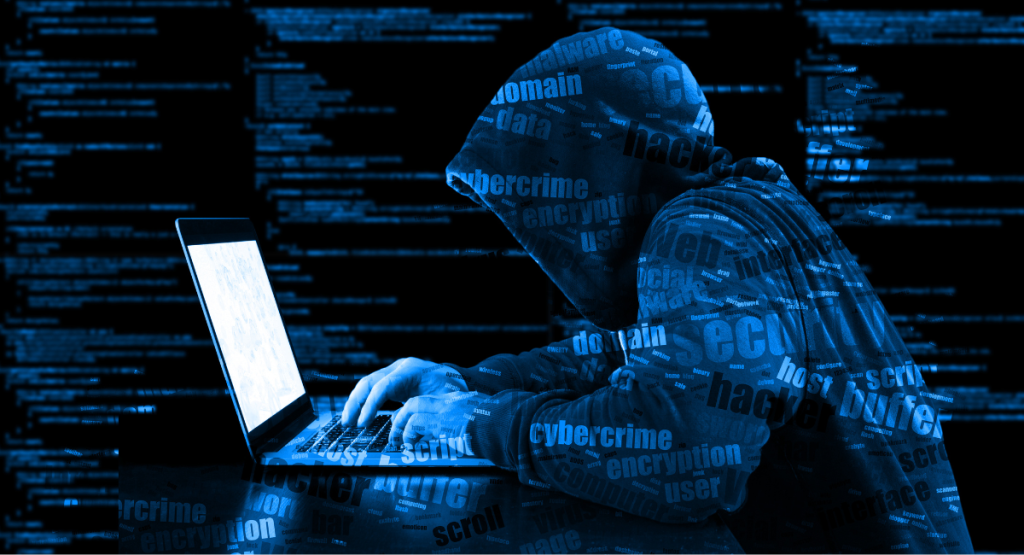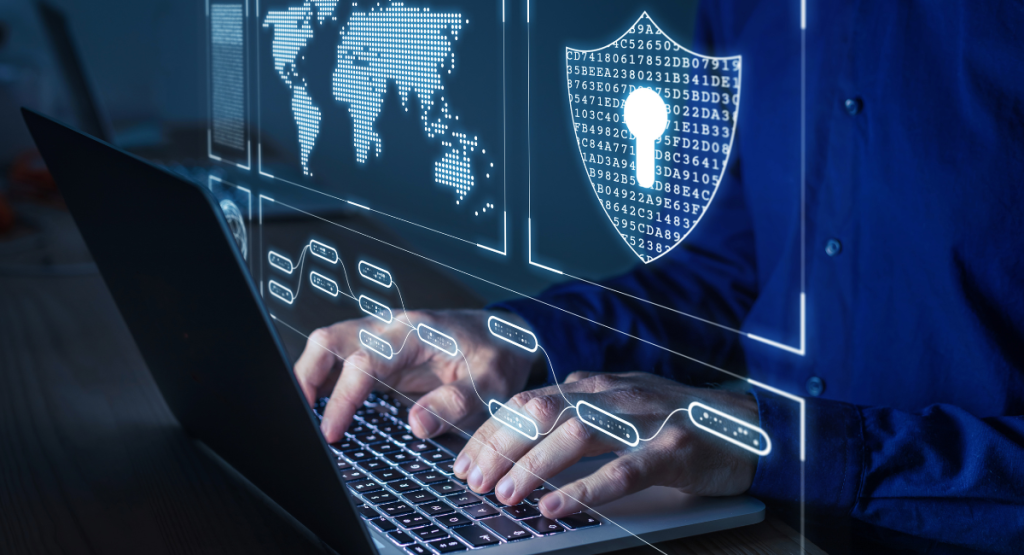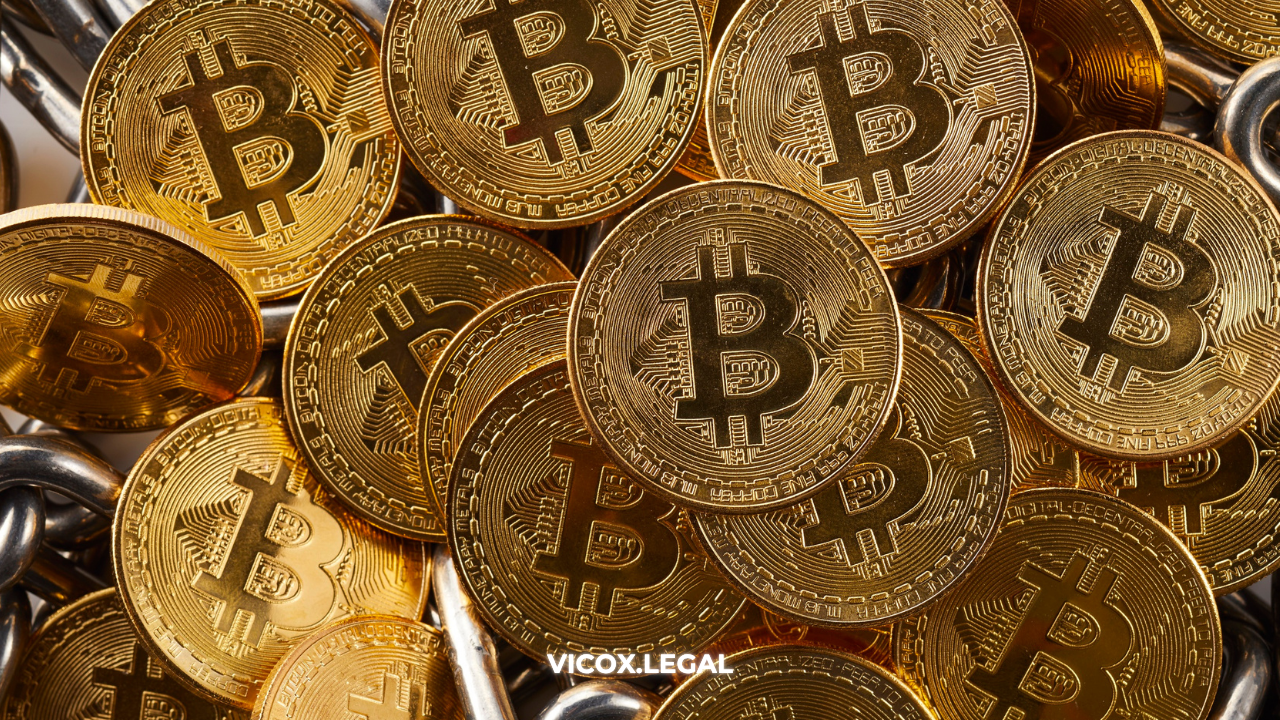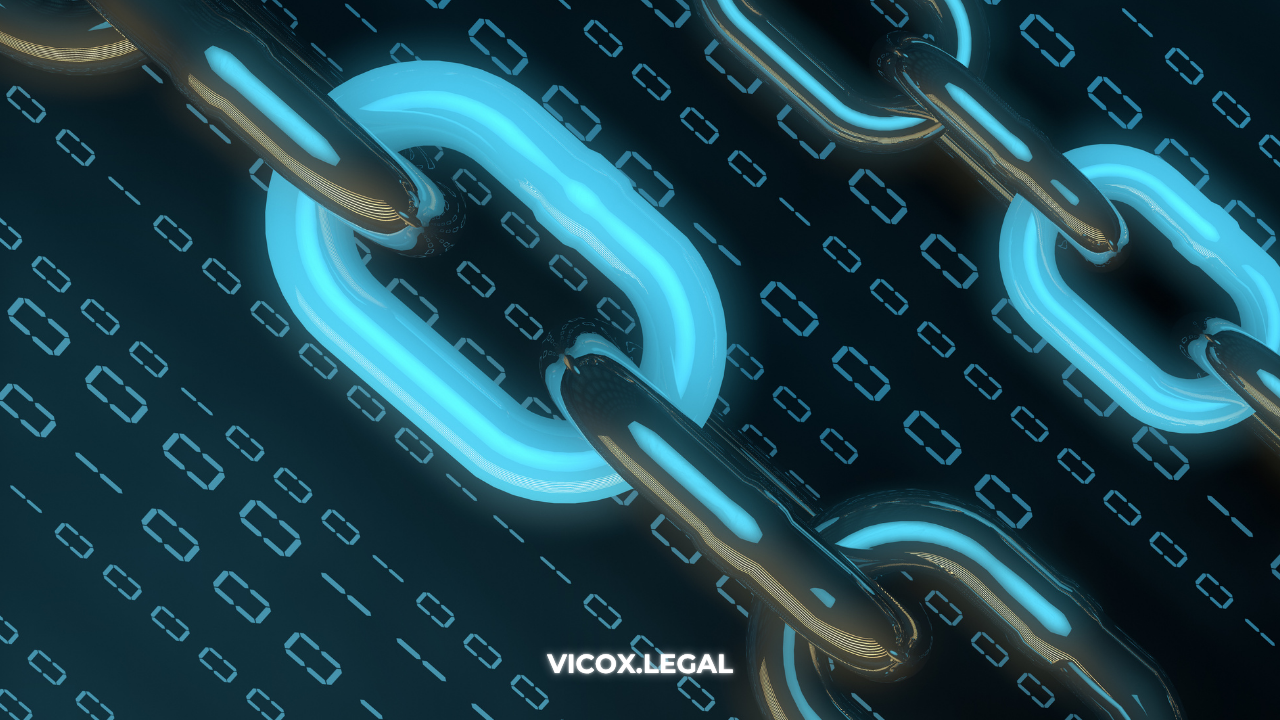In the digital era in which we live, it is important to be aware of the risks we are exposed to when surfing the Internet. Cybersecurity has become a crucial issue to protect our personal information and avoid being victims of electronic fraud and phishing. In this post we will talk about the most common online risks and how we can prevent them thanks to computer security measures. Join us to learn the keys to safe browsing!

Cybersecurity is a threat to private life
Today, we live in an increasingly connected world. This gives us access to a wealth of information and resources that were previously unavailable. However, it also entails significant risks to our privacy.
Cybersecurity has become a real threat to our privacy. On the Internet, our digital footprints are visible and can be collected by malicious companies or individuals without our consent.
Not only are we at risk of identity theft or bank fraud, but we can also become victims of digital harassment or cyberbullying. In addition, our personal data can be used for advertising and even political purposes.
For this reason it is important to take measures to protect our privacy online. Some recommendations include using strong passwords and changing them regularly, avoiding sharing sensitive personal information on public social networks and frequently updating our electronic devices with the latest security patches.
In short, cybersecurity has become crucial to maintain our privacy and security when surfing the Internet. It is important to be aware of the risks we are exposed to and take the necessary measures to protect ourselves against them.
Cybersecurity in the world of work
Today, the world of work is conducted over the Internet. Companies and their employees are constantly accessing confidential information and business-critical data, which makes cybersecurity an essential issue in this area.
The most common risks in the workplace are phishing attacks, malware or computer viruses and information leaks. These dangers can jeopardize not only the company's digital security but also its reputation, finances and even its existence.
To avoid these workplace risks, it is important to have adequate tools such as firewalls, up-to-date antivirus software and strong authentication systems. In addition, companies should educate their employees on how to recognize potential cyber threats in order to prevent them.
Another important point is to establish a clear policy regarding the use of personal devices during remote work. In addition, it must be ensured that all employees have limited access only to what is necessary to perform their work.
Cybersecurity in the workplace is vital to protect both business and personal interests. Therefore, necessary preventive measures must be taken by implementing clear policies to avoid any possible digital vulnerabilities.

Security in social networks
Social networks are an essential part of modern life. But, with their constant use, also come great risks. Social media safety has been one of the biggest topics of discussion in the digital world. While these platforms can provide a positive social space and increase our interaction with friends and family, they can also be dangerous if not used correctly.
One common way people fall victim to cybercrime is through identity theft. Attackers create fake accounts that look legitimate to obtain personal information such as passwords or credit card numbers. Therefore, we should always verify authenticity before accepting requests or interacting with strangers.
Another big problem iscyberbullying. Social networks make it easier to bully someone from afar and without facing tangible consequences. If you are a victim of online bullying, it is important to report it to the website and try to find professional help.
Incorrect settings can unknowingly expose our personal data to the public; therefore, always be sure to regularly review our privacy settings and adjust them according to our needs. In addition, never share sensitive information such as your phone number or public residential address.
In summary, using social networks can be fun and informative but we must be cautious as they inevitably expose us to many cybersecurity related risks. Keeping ourselves updated on these potential risks and taking appropriate preventative measures for ourselves will keep our online activities safe and enjoyable.
How to protect my personal information on the Internet
In the digital age we live in, it is important to protect our personal information on the Internet. We often share our personal data with companies and applications without a second thought. However, there are several steps we can take to keep our information safe.
First, we should be selective about sharing personal information online. We should not provide details such as our phone number or address to unknown websites or questionable applications.
Another way to protect our information is by using strong, unique passwords for each account. Weak passwords are easy to hack, while strong passwords can make a big difference in terms of security.
It is also advisable to enable multi-factor authentication whenever possible. This measure adds an extra layer of security by requiring a second factor (such as a code sent by SMS message) to access our accounts.
Finally, it is worth spending time learning how different operating systems and applications work. Knowledge of the software allows us to better understand when we are putting our own personal data at risk and implement appropriate preventative measures.
We should exercise caution when sharing our personal information online and use available tools to enhance our cybersecurity.

Conclusions
In conclusion, cybersecurity is an extremely important issue nowadays. The Internet has become a fundamental tool for both private and professional life, but it can also be dangerous if the necessary measures are not taken to protect oneself.
It is important to keep in mind that the most common risks are phishing, malware and identity theft through social networks. To avoid these dangers, it is necessary to take precautions such as not sharing personal information with strangers or downloading suspicious software.
Cybersecurity should be a priority for all Internet users. By following these basic guidelines and always being alert to potential threats, we can surf the web with security and peace of mind. Remember that it is never too late to start taking care of your digital information and protecting your online privacy.




